The Impact of Cost of Living Pressures in the lead up to Christmas
- DATE : December 12, 2022
- AUTHOR : Kate Wilson
The Impact of Cost of Living Pressures in the lead up to Christmas
- DATE : December 12, 2022
- AUTHOR : Kate Wilson
Over the past year we have seen cost of living pressures emerge as a key concern for consumers across the globe. More recently, rising interest rates have further impacted customer budgets.
RFI Global data highlights the extent to which cost of living increases have become a concern; surveys conducted over the course of November 2022 found 66% of consumers in the UK, 62% of consumers in Canada, and 56% of consumers in Australia were very concerned about the rising cost of living. In all markets, the rising cost of living was a greater cause of concern than the economic outlook, unemployment, catching COVID-19 and recent rate rises.
Consumers emerged from the pandemic with significant savings buffers as a result of lockdowns and limiting consumers’ ability to spend. We can expect that these savings buffers will be, to an extent, insulating consumers from the immediate impacts of rising cost of living and rates. In fact, in Canada and the UK the majority of consumers still report feeling at least somewhat confident in their financial situation despite these macro factors (56% and 66%, respectively). But that does not mean that consumer behaviour has not changed, and in fact RFI Global data is already showing signs of consumers beginning to re-think their priorities when it comes to spending and saving. The top two actions taken by consumers across markets to help save money in the current environment are reducing discretionary spending and making an effort to save more.
What does this mean for Christmas shopping?
With COVID-19 impacting Christmas plans globally for the last two years it is likely that consumers will not want to forgo Christmas entirely however, it is likely there will be some shift around how much they spend and how they pay. In the UK, RFI asked consumers how they are intending to pay for their Christmas shopping in 2022. Debit and credit cards come out on top as the most preferred payment methods.
However, in comparison to 2021 there has been a shift away from debit and credit and towards BNPL services and cash.
BNPL services have increased in popularity over the last 12 months around the world, so the increase in preference for using BNPL here could simply be a refection of BNPL’s greater penetration. Or this could also suggest a shift in preference away from interest bearing credit products in favour of interest-free products. The structured repayment plan of BNPL is also likely to be appealing in helping consumers manage their spending and spread the cost of Christmas purchases and if we look at the key drivers of using BNPL, ‘to help me budget’ features prominently in many markets, including the UK. The increase in cash is surprising given the decline in cash usage throughout the pandemic but, similar to BNPL, we know that consumers like cash for budgeting as it is tangible.
These changes in consumer preference point to a broader shift in consumer behaviour and sentiment that is likely to become more evident in 2023 as the effects of cost of living and rate rises have a broader impact on the market.
Current
Loud Budgeting and the Big Switch
21 Feb 2024 \ Budgeting
Avoiding the ‘Intergenerational Tragedy’
28 Nov 2023
The Rise of Mobile Wallets in Canada
14 Sep 2023 \ Payments
SME’s, Stress and Scrutiny of costs
29 Jun 2023 \ Sentiment \ SME
BNPL – Regulation and Legacy
31 May 2023 \ BNPL \ Regulation
March Trends Newsletter, The MacroMonitor
14 Mar 2023 \ Women
February Trends Newsletter, The MacroMonitor
15 Feb 2023
2023 – The Year of SoftPOS?
14 Feb 2023 \ SoftPOS
A Year in the Life of BNPL
02 Feb 2023 \ BNPL
January Trends Newsletter, The MacroMonitor
20 Jan 2023
2022 – The year that was
17 Jan 2023 \ banking predictions
Winning with Cross-Sell, Singapore Webinar
01 Nov 2022 \ webinar
Who are the FiTeRRs?
13 Sep 2022 \ inflation \ Mortgages \ Youth Banking
The Canadian Mortgage Market
08 Jun 2022 \ Canada \ Mortgages
The Global State of BNPL | Regional Deep Dive
05 May 2022 \ BNPL
RFI Report | Banking on Digital
30 Oct 2021 \ Global \ mobile banking
The BNPL Juggernaut
24 May 2021 \ BNPL \ In-depth Insights
Driving Sustainability in Finance
25 Apr 2021 \ Sustainability





















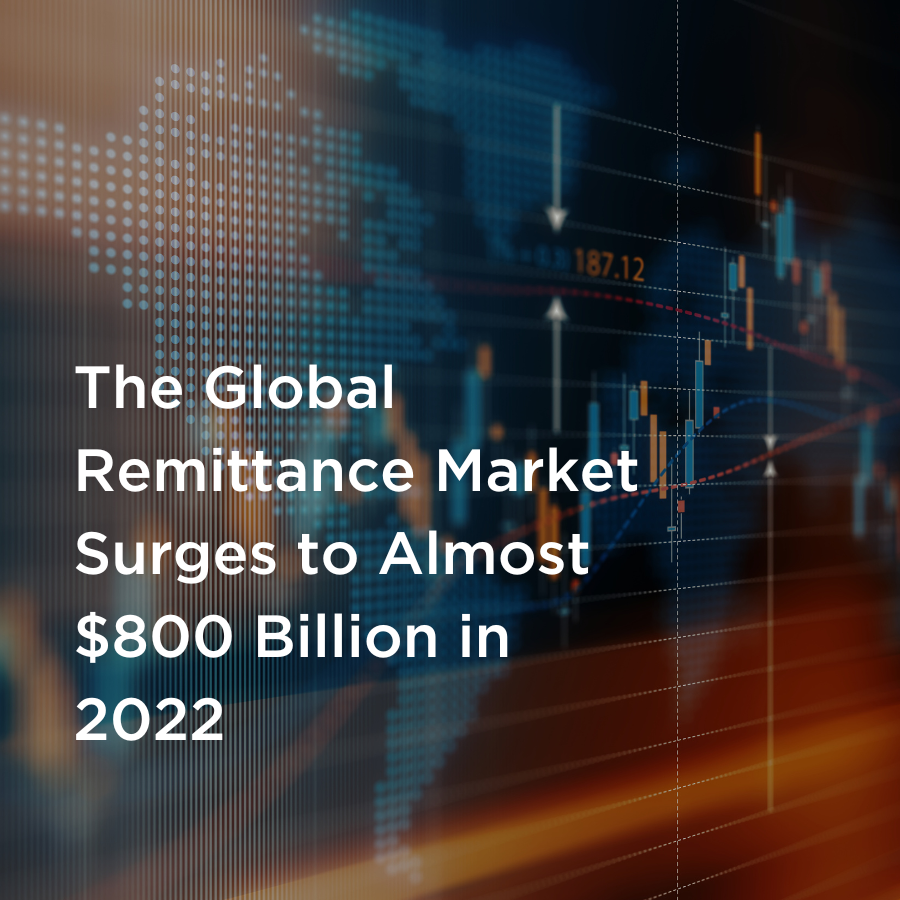





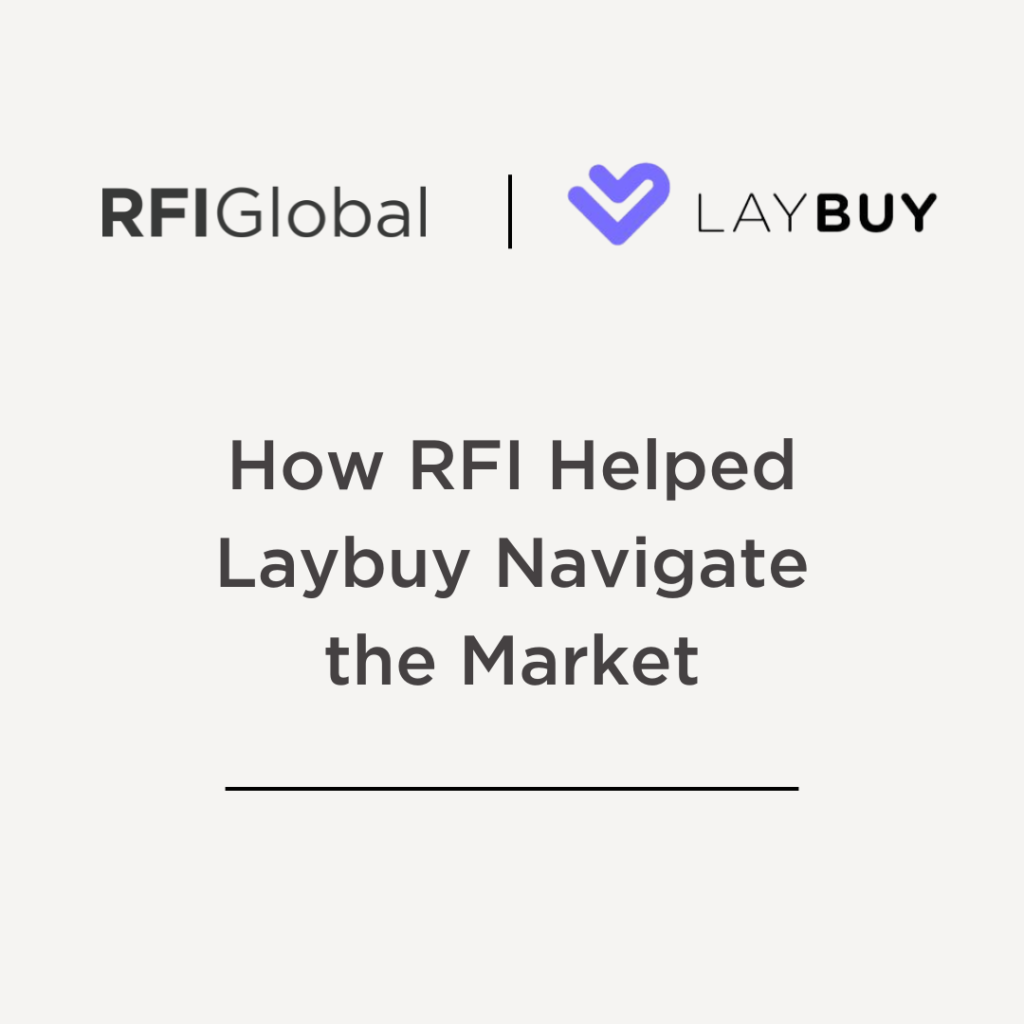

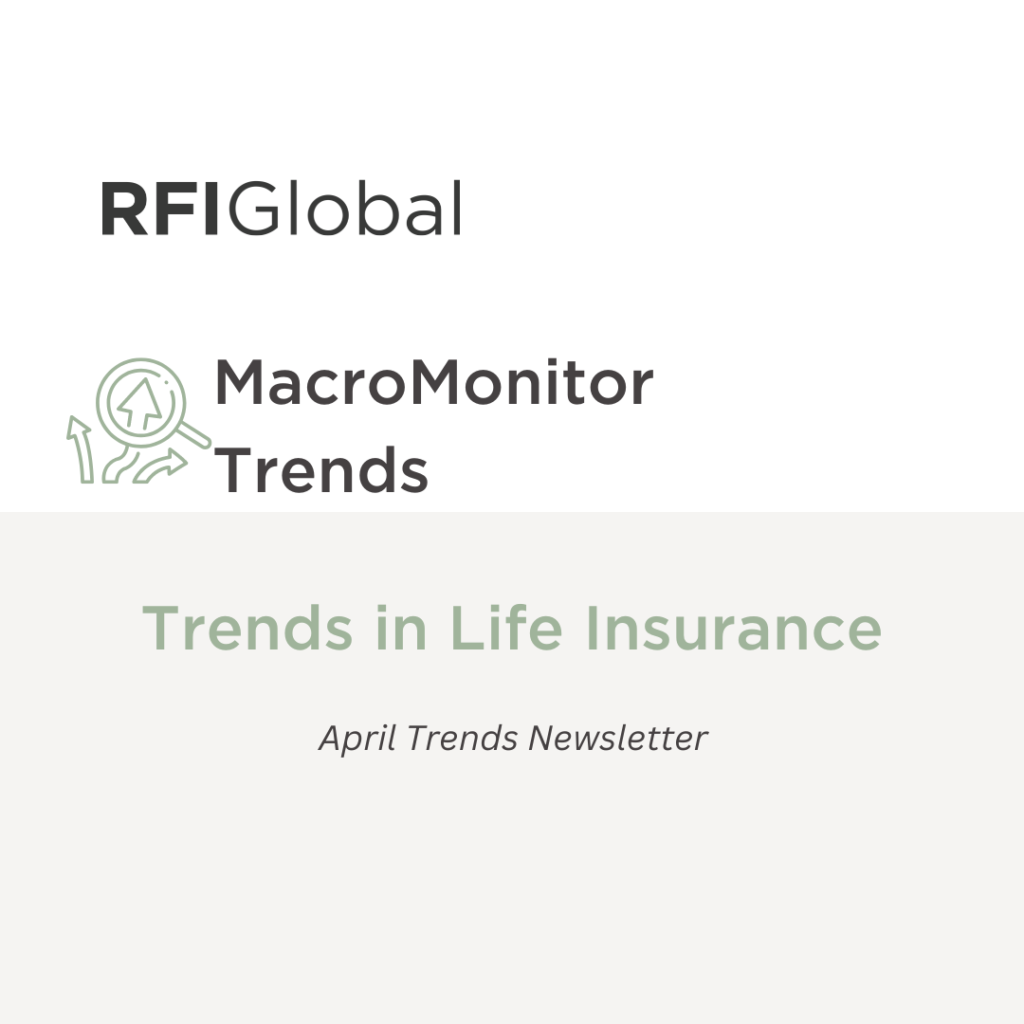






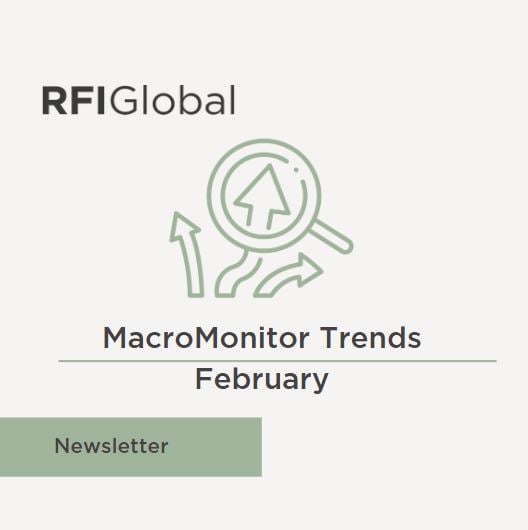


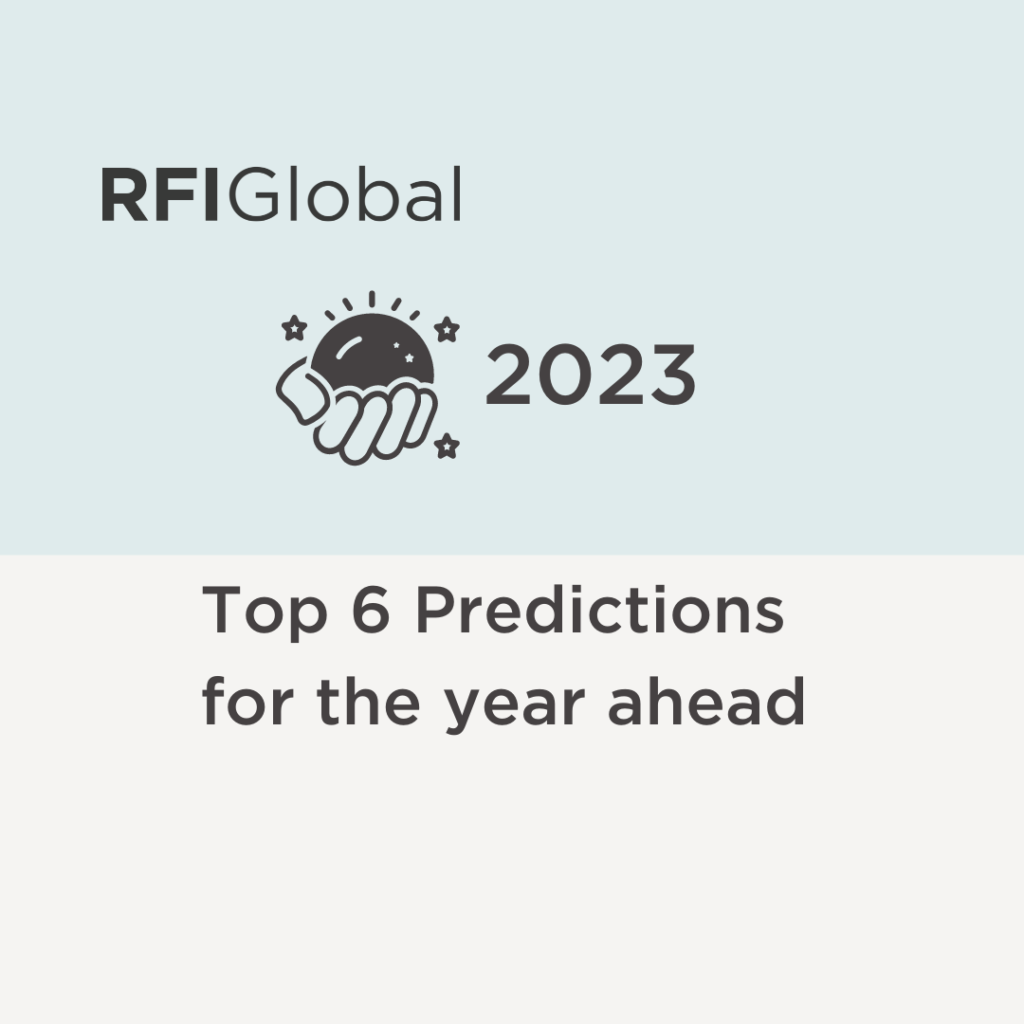
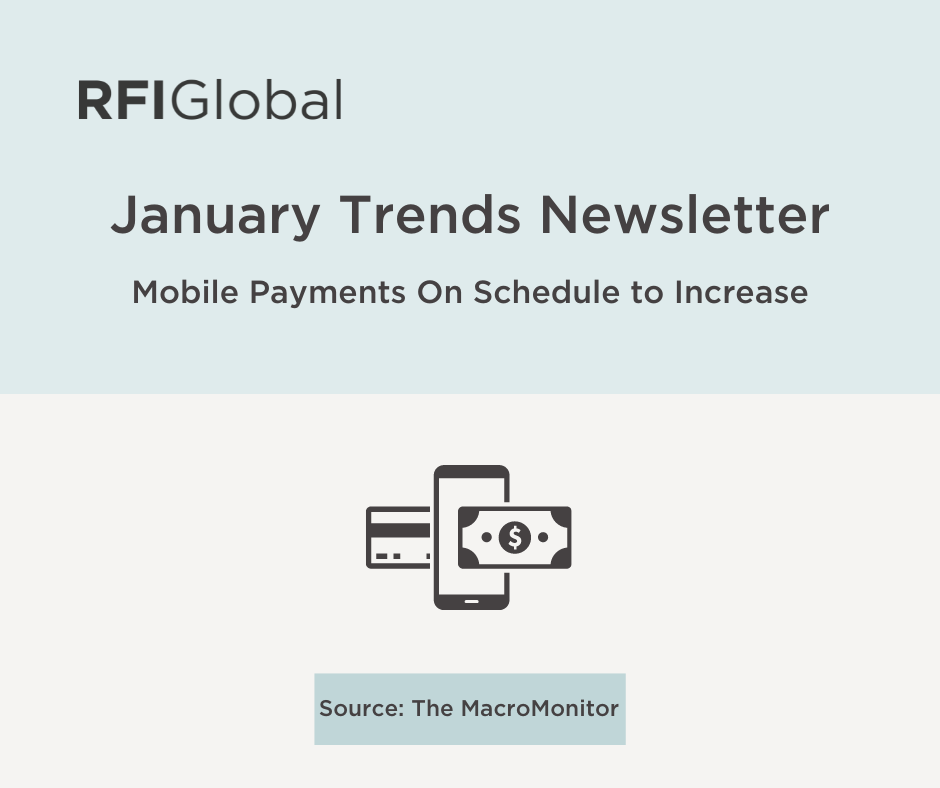
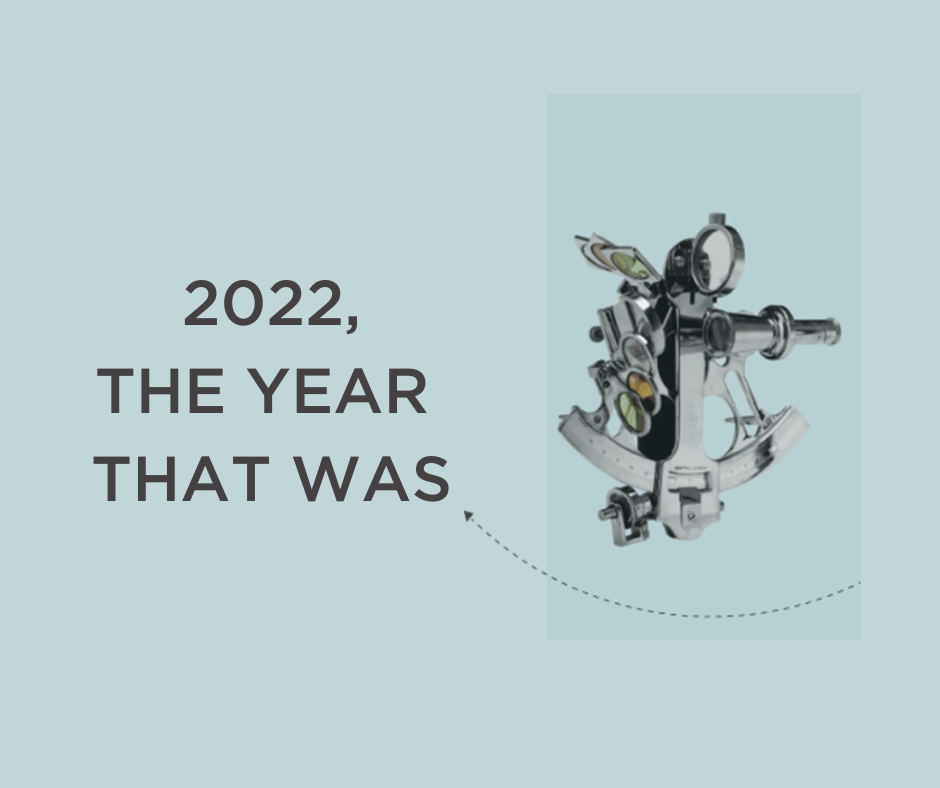

























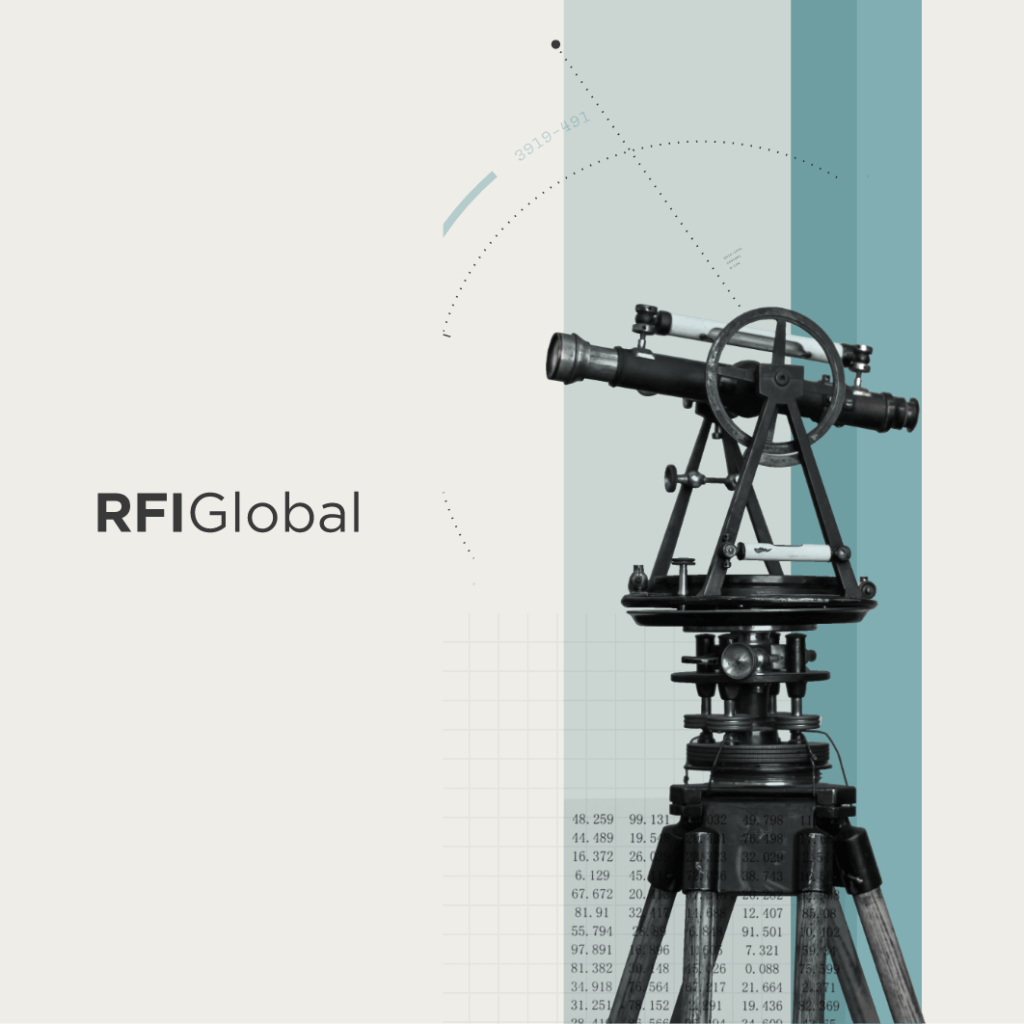


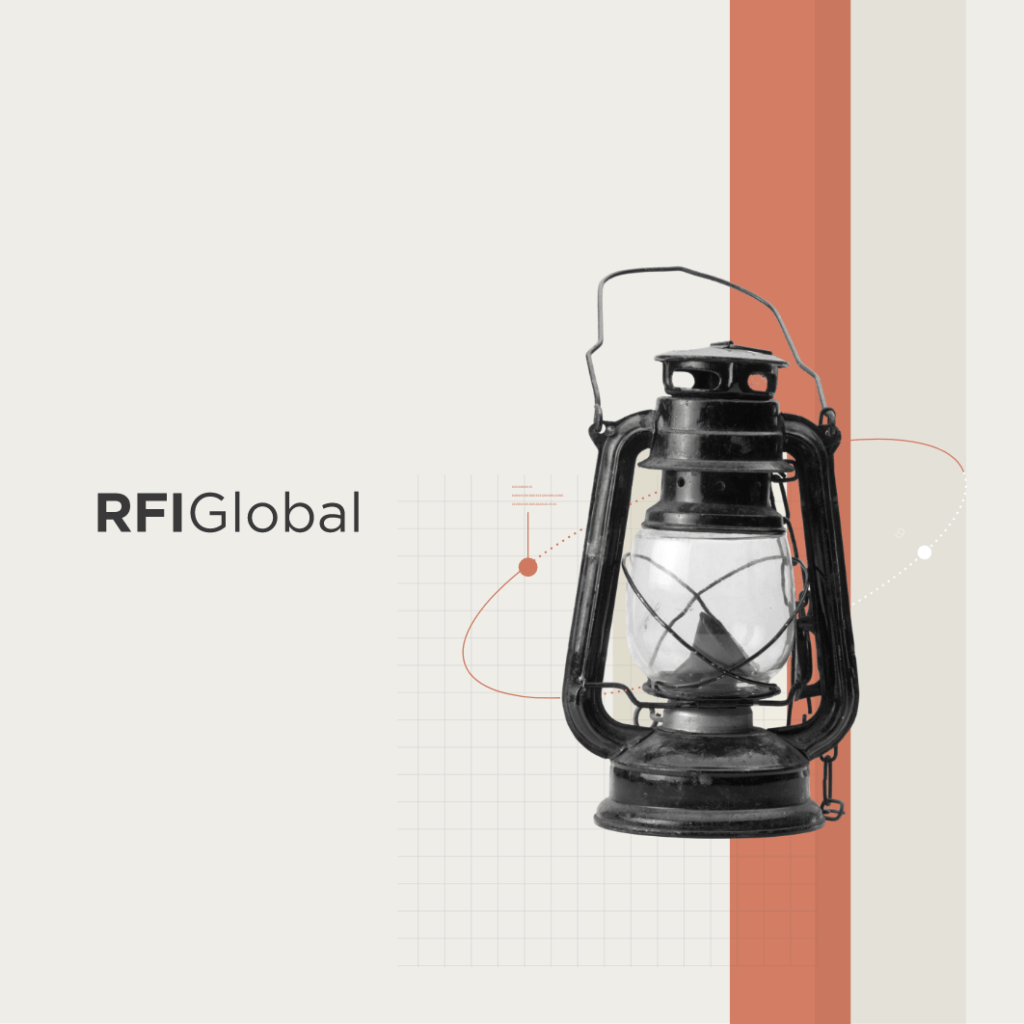
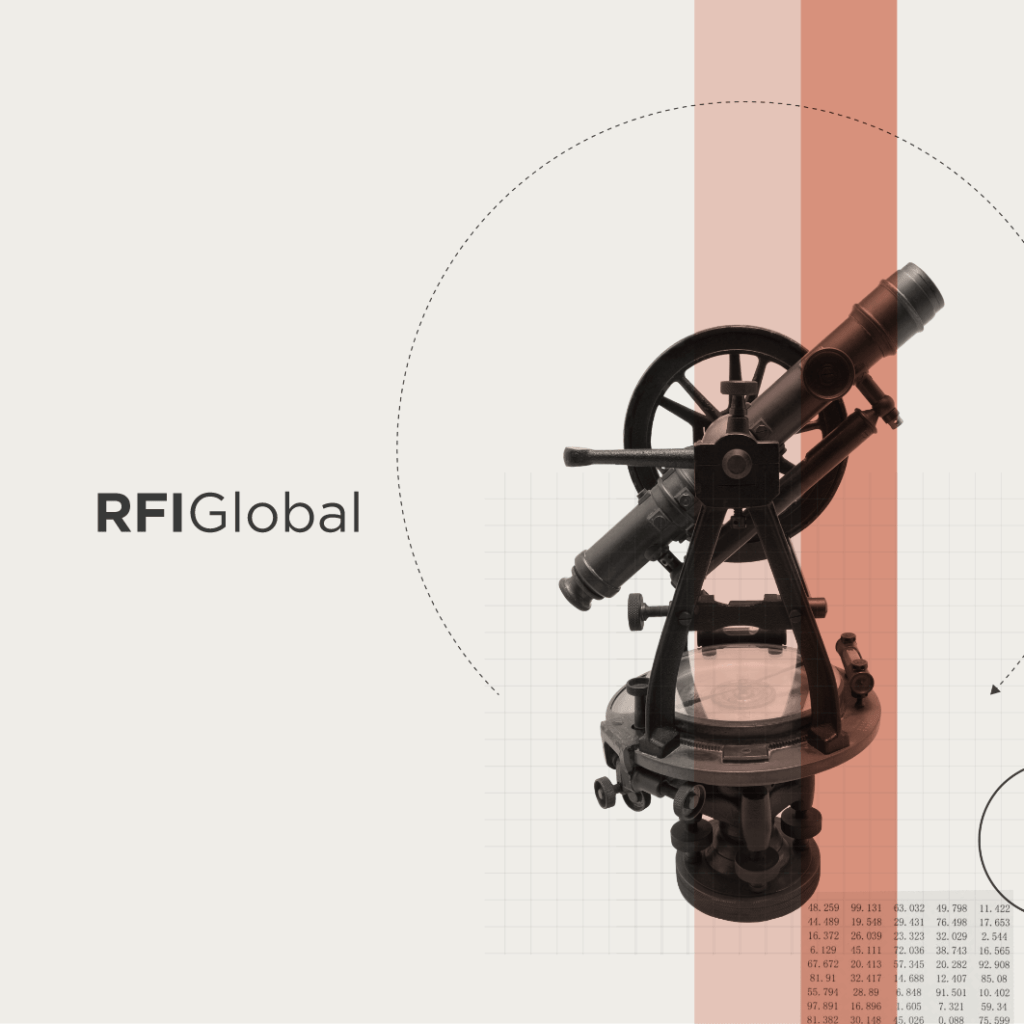
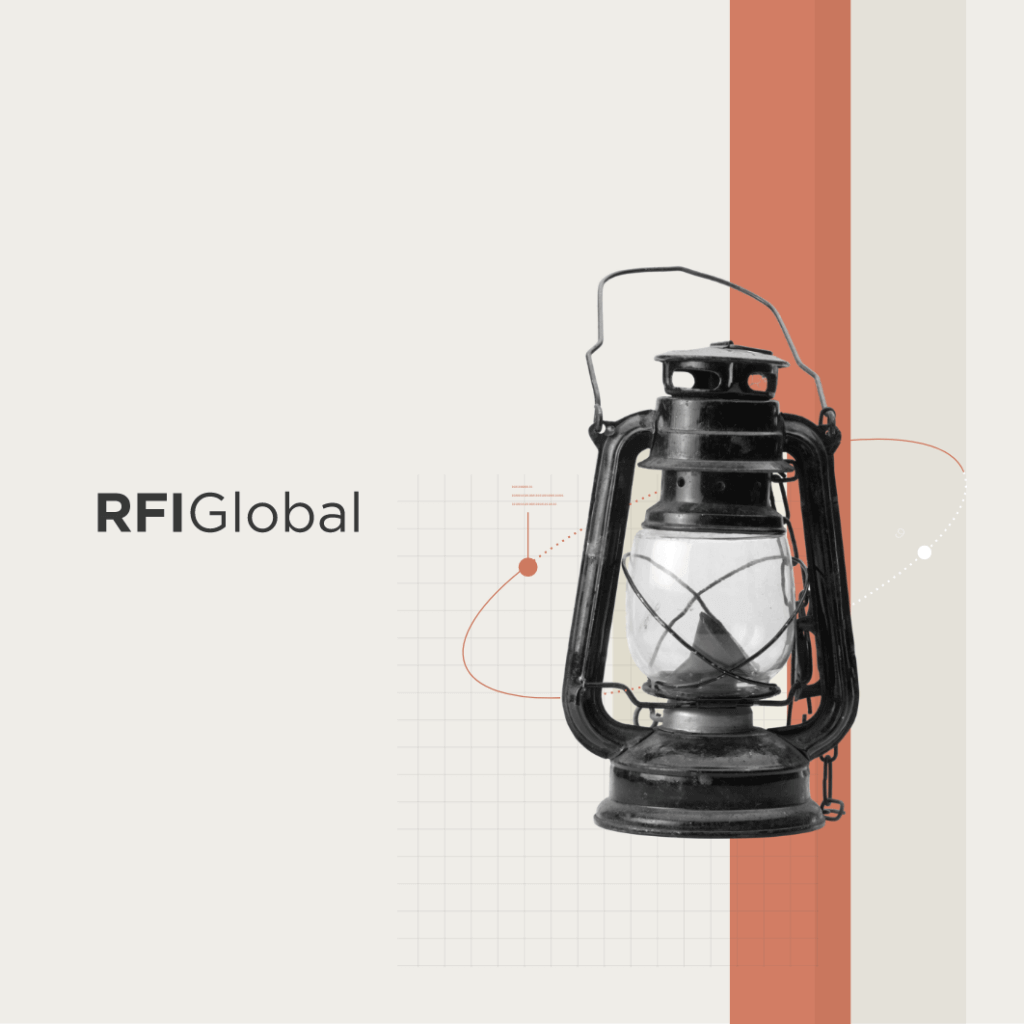
/NQA-ISO-27001-Logo-UKAS.jpg)